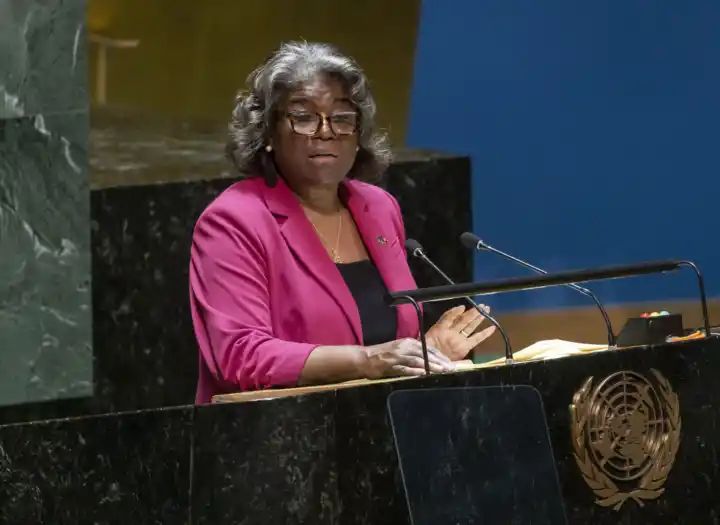General Assembly approves resolution for international regulation of AI
Mnited Nations, Mar 21 (EFE).- The United Nations General Assembly on Thursday unanimously approved the first resolution for the international regulation of artificial intelligence (AI), a product of the so-called “global conversation.” “To ensure equitable access to these benefits, and mitigate risks for communities across the globe, we must approach this technology as a global community.
Leaving no one behind” said US Ambassador to the United Nations Linda Thomas-Greenfield in her speech. The text, “Harnessing the Opportunities of Secure and Reliable AI for Sustainable Development,” was a US initiative and resulted from more than 40 hours of negotiations. In her address to the General Assembly, Thomas-Greenfield highlighted the risks and benefits of various AI applications and the importance of “closing the digital divide around the world so that everyone can access the benefits of AI.” “Private companies driving the rapid spread and evolution of this technology must be responsible when it comes to designing and launching new capabilities,” Thomas-Greenfield said. The boom in this technology came after OpenAI launched its ChatGPT generative AI chatbot in November 2022, as tech giants such as Google or Microsoft have launched several AI tools for the public and private sectors.
“We have the opportunity – and the responsibility – to choose, as one united global community, to govern this technology, rather than let it govern us.,” Thomas-Greenfield stressed. The resolution was adopted by consensus with a bang of the gavel. “Think the fact that 193 countries that often can’t agree on anything at the UN were able to agree on this shows that the AI issue is key,” senior U.S. administration officials said in a call with the press. At a subsequent press conference at the United Nations, Thomas-Greenfield noted that she did not intend to submit the resolution to the Security Council. Asked how she thought AI could help some regions of Africa that don’t have electricity or clean water, Thomas-Greenfield replied that AI “will be able to give people in remote villages access to technology and access to necessities that they don’t have access to now.” “The whole idea of this is to bridge that gap so that we can figure out (with the help of AI) how to get water to women in the villages,” she added. US Vice President Kamala Harris said in a statement today that her country welcomes the adoption by the UN General Assembly and that both President Joe Biden and she are “committed to establishing and strengthening international rules and norms on emerging technologies.” EFE syr/mcd






